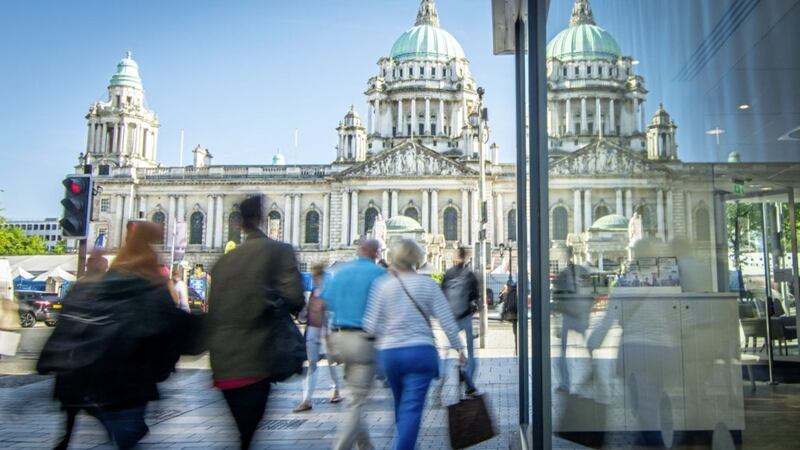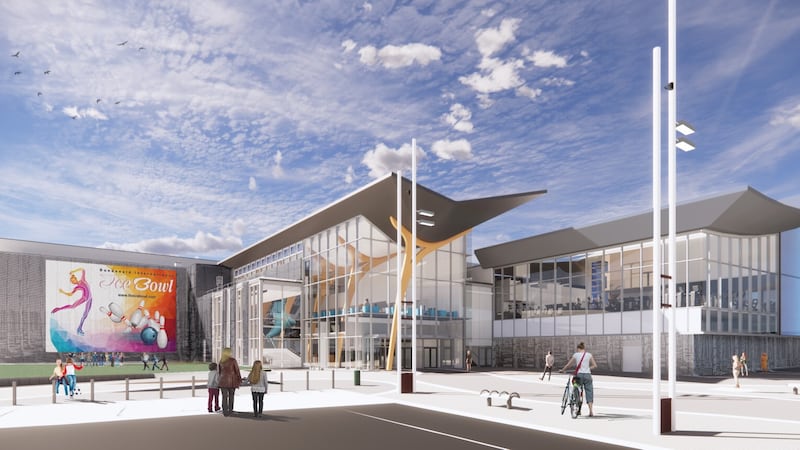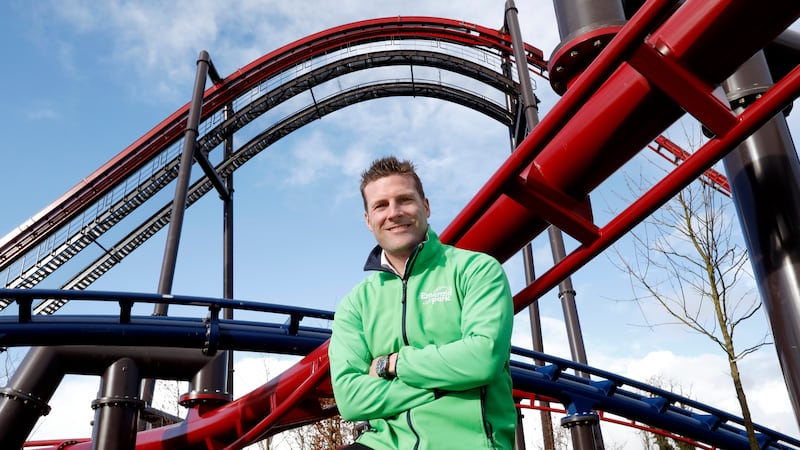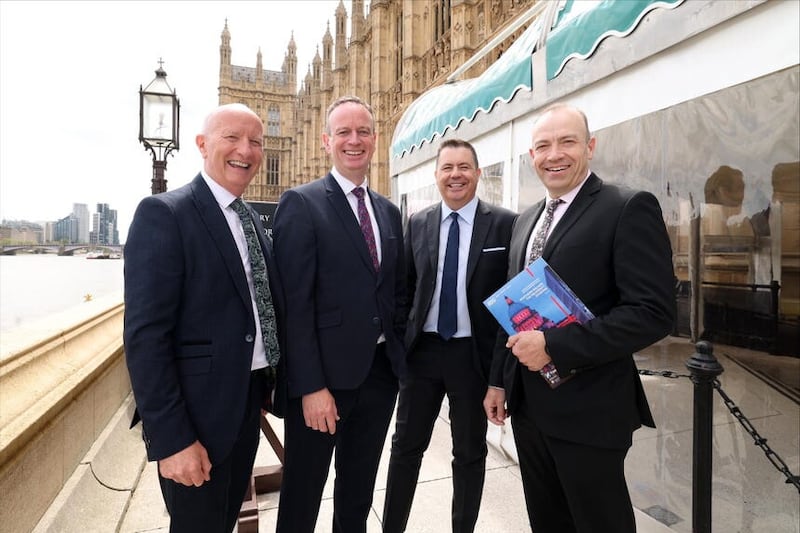IT’S fair to say Covid-19 is the biggest ever challenge to our retail sector and high streets to date, resulting in the fall of Eason’s and many other well-known businesses. With the furlough scheme tapering off and as the recession deepens, sadly we are going to see a lot more high street casualties.
Let’s be clear, we are not facing a high streets crisis any longer - it is a high streets emergency.
That is why Retail NI successfully lobbied the Executive to establish a high streets taskforce to ensure a co-ordinated approach across government, councils and business to identify solutions and start the long road to build back better.
Part of the solution to this challenge lies in fully developing and implementing the concept of ‘localism’ to repurpose our town and city centres as unique hubs at the heart of our community, with as Mary Portas said in her ground breaking report, to reimage them as ‘destinations for socialising, culture, health, wellbeing, creativity and learning’
Some interesting trends emerged from our joint Independent Retail Awards online vote with the Irish News, showing that in our rural towns, people have been supporting local independent retailers in greater numbers and staying local to shop and socialise in a way they didn’t do before the pandemic.
It will be interesting to see the impact that home and remote working will have on how and where people spend their money, and will the traditional concept of the ‘office’ change forever as a result of Covid-19? Could many of our rural towns and villages make a serious economic comeback?
Retail NI members have always championed localism, priding themselves in supporting local suppliers, producers and manufacturers. Seventy pence in every pound spent with an independent retailer is recycled around this supply chain and other local businesses.
This is why we want to see localism ‘on steroids’ along with the reimaging of our high streets as destinations where residents and visitors can dwell as they work, rest and play as the central policy priorities of the Executive’s recovery plan to drive future post-pandemic prosperity.
Localism is not just about supporting independent retailers; it is also about empowering people and communities to reshape and repurpose their local villages, towns and cities and above else reinvigorate the leadership model.
Our 11 local Councils have a key role in the localism agenda and the Executive needs to devolve regeneration and other powers to them so they can play a fuller role in the recovery process.
We need to move beyond focusing on the economic problems of Covid-19 and start to focus on the solutions and ask ourselves - what does success look like for the post pandemic high street?
Undeniably we need to further develop the concept of the experience economy in 21st century towns and cities as we build back better.
While it will get worse before it gets better for our high streets, the important thing to remember is that it will get better and this is what government and business need to plan for.
Glyn Roberts is chief executive of Retail NI.








